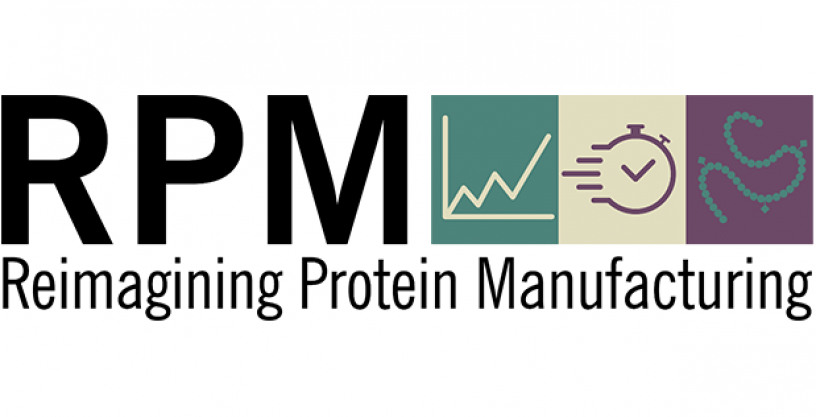
Reimagining Protein Manufacturing (RPM) program to build on past success by developing agile technologies to increase on-demand protein-based medical countermeasure production
Aug 25, 2021
Slow production methods and reliance on a global supply chain currently limit DoD access to critical proteins such as medical countermeasures (MCMs) (i.e. antibodies, vaccines, and clotting factors), diagnostic components, and key enzymes for producing nucleic acids. State-of-the-art protein-based MCM production calls for massive centralized infrastructure and complex pipelines that require lengthy cellular engineering, sufficient growth of cells, and intensive purification and quality control.
Current response times are several months for production, with additional time needed for dispersing MCMs to vulnerable populations. Distributed manufacturing paradigms may transform these timelines into those relevant to DoD response, especially in denied, degraded, or disrupted operational environments. To address these challenges, the Reimagining Protein Manufacturing (RPM) program aims to establish the foundational technologies needed for fully distributed, on-demand manufacturing of biologics-based MCMs and their associated raw materials.
DARPA programs, such as Make-It, Nucleic Acids on Demand (NOW), and Battlefield Medicine, have invested in distributed manufacturing of pharmaceuticals and nucleic acids. Continuing DARPA’s role in challenging manufacturing paradigms, RPM focuses on the complex process of protein production, and will attend to the biochemistry challenges associated with producing bioactive proteins at high yields with short lead times.
“As was reinforced during the COVID-19 pandemic, many crucial building blocks for proteins, therapeutics and diagnostics are currently manufactured outside of the United States,” stated Dr. Amy Jenkins, RPM program manager. “The RPM program will serve warfighters by strengthening the U.S. biomanufacturing supply chain and providing new methods for timely development of protein-based therapeutics and enzymes.”
The 50-month RPM program will address two technical areas (TAs). TA1 “Production Yield and Time” focuses on protein synthesis technologies for near-immediate synthesis of proteins at high yields. TA2 “Post-Translational Modifications” seeks novel protein production approaches to add PTMs in a controlled manner to ensure the final product is bioactive and of high quality.
The U.S. Government will utilize Independent Validation and Verification (IV&V) partners throughout the program to assess the function, stability, and composition of the proteins produced through a series of field recognized analytical techniques.
“If successful, RPM will result in novel protein production technologies not previously deployed,” added Jenkins. Additional details of the program schedule and metrics are available in the broad agency announcement at https://sam.gov/opp/9711cee39a984d57ba681390bc1a4564/view.
# # #
Media with inquiries should contact DARPA Public Affairs at outreach@darpa.mil
Associated images posted on www.darpa.mil and video posted at www.youtube.com/darpatv may be reused according to the terms of the DARPA User Agreement, available here: http://go.usa.gov/cuTXR.
Tweet @darpa
